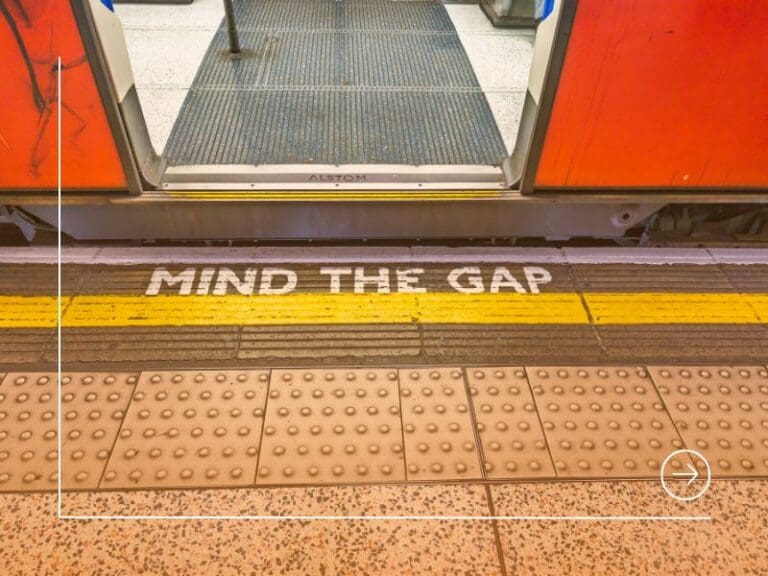Equal Pay Day is a national campaign led by the Fawcett Society in the UK.
It marks the day in the year when, based on the gender pay gap, women overall in the UK stop being paid compared to men.
The gender pay gap is the difference between the average pay of men and women within a particular group or population. Fawcett uses the mean, full-time, hourly gender pay gap for the UK to calculate the gender pay gap for Equal Pay Day which this year is 10.7%, a tiny shift from 10.9% last year.
Speaking about Equal Pay Day, Jemima Olchawski, Chief Executive of the Fawcett Society, said, “Today’s data means that Equal Pay Day (EPD) falls on 22nd November – this is the date when, based on average earnings, women start working for free until the end of the year.”
“This is just 48 hours later than last year and represents a glacial shift in the Gender Pay Gap of just 0.2 percentage points.”
“Fawcett runs the Equal Pay Day campaign on behalf of women across the country – but we shouldn’t have to.”
“The UK’s gender pay gap has hardly moved on in recent years and this isn’t good enough.”
“Like so many other systemic unfairnesses, we know that the Gender Pay Gap hits Black and minoritised women hardest.”
“We need to make ethnicity pay gap reporting mandatory to improve the quality of the data on this issue.”
“How can this government and employers tackle an issue they don’t fully understand?”
“The gender pay gap must be closed and we need urgent and effective action from employers and government.”
“Employers must stop asking discriminatory salary history questions, and we need mandatory ethnicity pay gap reporting.”
“There are so many policy interventions that could turn the dial but the simplest of them all is making flexible work the default.”
“A lack of genuinely flexible, quality work traps women in roles below their capabilities and encourages the notion that flexible work is a privilege, not an essential part of a modern economy.”
“This is a big reason we have a persistent gender pay gap which harms women and our economy.”








